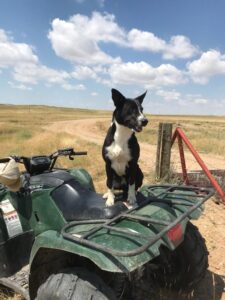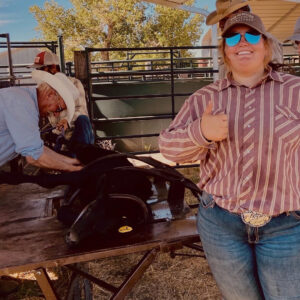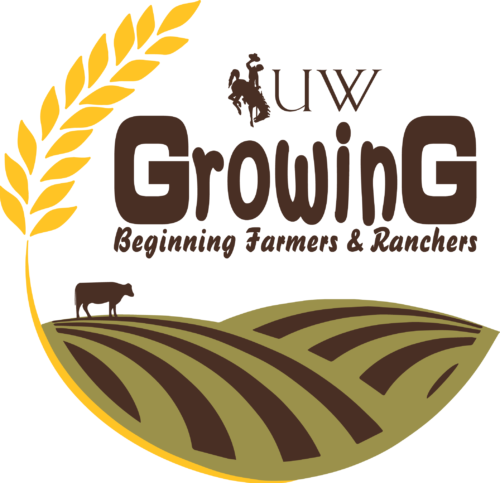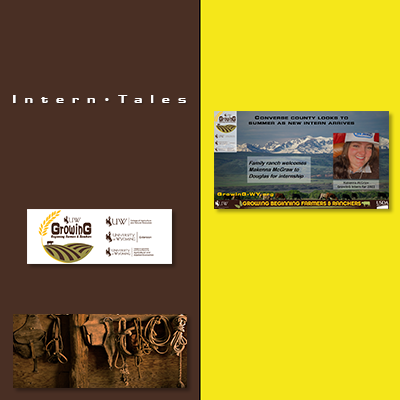A Week of Reflection
#bfrdpwy #aginternship #RightRisk
This week my boss texted me that it was going to be too hot to work and then later in the week I became sick, so I did not work. Since I did not work, I thought I would write about what I have learned this summer and some things that I wish I would have learned.

In this day and age there are societal norms around every job even in the agriculture world, ranching is no exception. The ranch I have been paired with follows these norms, with only a couple areas where they do not. I have learned a lot about rangeland management, realizing just how important it is. Without rangeland management, not only do the livestock suffer but the whole ecosystem does as well. Utilizing rangeland management practices at the ranch includes exclosures set up to protect certain areas around the property. Some of these exclosures include ponds and trees that have been put in place to offer a home and protection to animals that live on the range. The exclosures have in a way re-introduced animals into the rangeland, bringing more life and a sort of renewal to this part of the ecosystem; most of the ponds have had ducklings and goslings make them their home.
Another area I have learned more about are the oil pads and wind turbines all around this area. As both may be utilized as another form of income, there are standards and politics that come with it. For example, the other day we saw an eagle around some of the wind turbines and I was told that some of the companies have found their way into lawsuits surrounding the killing of raptors. Another example is when a new pipeline is put in, the company who does this work is responsible for seeding the pipeline and restoring the ground that they have disturbed in the area.
A point that really sticks out to me is what I have learned about low stress livestock handling. Though sometimes I may not agree, for the most part it does make sense and helps with many jobs we have to do surrounding cattle, especially when dealing with calves. In my previous experiences, we would move cows and only do it once. Whether it was less than a mile or up to six miles, the move was completed in one go. Here we move them only one or two pastures at a time, while making sure they are paired up, especially when we move them at a young age. This further ensures a strong bond with their mother. Moving cattle this way has brought to my eye a good point as it leaves us with fewer bum calves, and in return, fewer calf deaths overall.

Knowing and watching your animals is a priority as a rancher. The ranch hand I work with was explaining to me that the cattle will tell you if something is wrong and to always listen to them. If they seem to be acting out of character, there is a reason. I experienced this when we had the first-year heifers in the pasture by the house. I checked on them every day to make sure no one was having complications calving. One day I went out to check them and saw one of the heifers was off by herself laying down. I went to check on her and was able to tell that she was about to start calving. All of these points that I have learned this summer may not have been what I was expecting to gain but I can say they will help me in the future when I hopefully manage a ranch.
A few things I wish I would have been able to learn more about is how to go about keeping the records for cattle and bookkeeping for the financial side of the business. I have been around ranches and have been able to learn a lot from hands on experiences on how to work cows and the upkeep of them, but I have not learned or ever really seen the bookkeeping or the financial records for the cattle. This internship has been a good learning process, different from what I was expecting. My boss has different ways of ranching that I had not been introduced to before. As I’ve spoken about before, there are aspects I don’t agree with, but it has been a learning experience I will use in my future endeavors.
Submitted by: Mckenna McGraw
Edited by: GrowinG Internship Team

